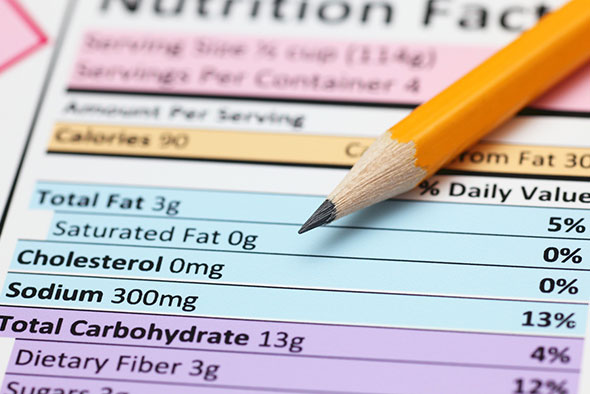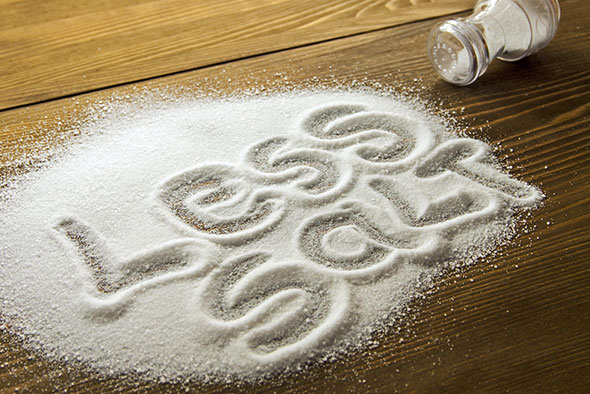
Kidney Health and Nutrition

Nutrition plays a significant role in directly and indirectly affecting kidney health. Keeping control of blood sugar as instructed by your physician is accomplished in a major part by managing diet. Controlling your blood pressure is extremely important as well. Reducing your sodium intake to less than 2,000 milligrams and having your blood pressure checked will help you to monitor and maintain acceptable measures. Staying active and exercising improves blood flow and improves muscle function, both helpful to kidneys. Eating a well-balanced diet is a step to take not just for your kidneys but overall health. Plan meals around nutrient-dense foods, such as vegetables, fruits, whole grains, fat-free or low-fat milk and milk products, lean meats and poultry, seafood, eggs, beans and peas, and nuts and seeds.

Kidney disease and nutrition
When the kidneys are unable to filter waste, diet becomes extremely important. Those with chronic kidney disease may need to follow a diet with specific amounts of fluid, protein, sodium, potassium and phosphorous as prescribed by your physician. Doing so can prevent disease progression. There is no single eating plan that is right for everyone with kidney disease. What you can or cannot eat will change over time, depending on how much kidney function you have and other things, like having diabetes.
When your kidneys are not working well, they can't handle as much protein and sodium. Extra sodium and fluid can build up in your body, which can affect your heart and lungs. Your physician may prescribe a restriction on the amounts of fluids you drink each day. While you probably knew about the connection between kidney health and protein, sodium and fluids, you may be less familiar with potassium and phosphorus levels and know what foods to be mindful about as you plan your meals. Consider the following information from the National Kidney Foundation and the Academy of Nutrition and Dietetics:
Potassium
If your kidneys are not working well, potassium levels in your blood can rise. High potassium levels affect your heart rhythm, so your new diet may include a potassium restriction. Your physician will prescribe the amount and your dietitian can explain how to stay within your limit. Potassium is found in many fruits and vegetables, beans, nuts and dairy foods.
Below is a list of familiar foods that are high in potassium:
|
|
|
|
|
|
|
|
|
|
|
|
|
|
|
|
|
|
|
|
Phosphorus
Normally the kidneys get rid of any excess phosphorus; however, for those with chronic kidney disease, this process is disrupted and may lead to dangerously high levels of phosphorus in the blood. Main food sources of phosphorus include meat, poultry, fish, eggs and dairy foods such as milk, yogurt and cheese. Whole grains, beans and nuts are also sources of phosphorus in the form of phytate, which is not as easily absorbed by the body.
Get additional information from the websites below on nutrition and kidney health.
References
National Kidney Foundation: https://www.kidney.org; https://www.kidney.org/atoz/content/nutrikidfail_stage1-4
Academy of Nutrition and Dietetics: http://www.eatright.org/; http://www.eatright.org/resource/health/diseases-and-conditions/kidney-disease/keeping-kidneys-healthy
Download the PDF version of this article.
Learn More
Balance, HCR ManorCare’s comprehensive health and wellness blog, supplies readers with healthy ideas throughout the year. The blog is designed to serve as a resource, not only for patients, residents and families, but for anyone who strives to live a healthy, “balanced” life. For more information and help in making healthy choices, go to balance.hcr-manorcare.com and sign up to receive our newsletters. If you need help making a health care decision, visit our CareFinder and live chat.


